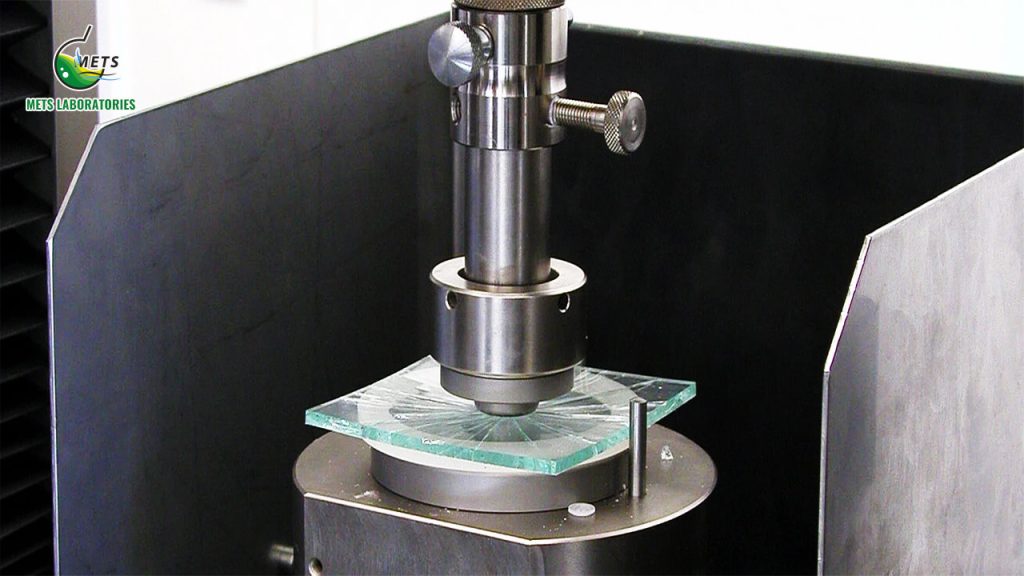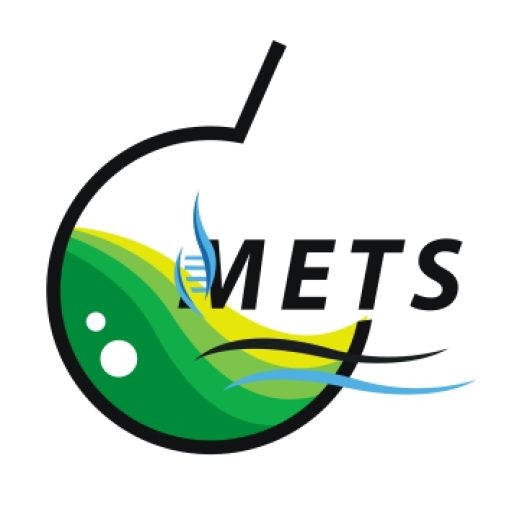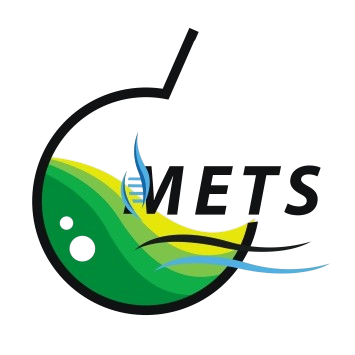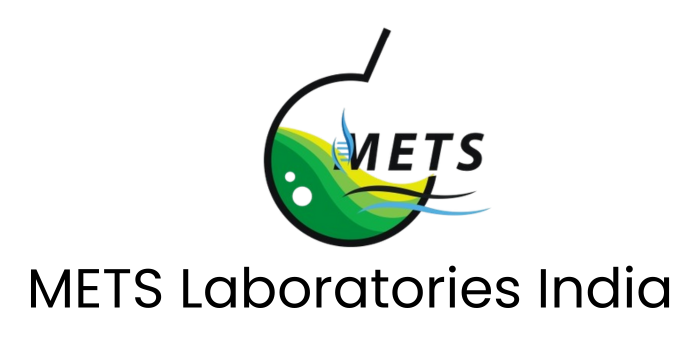
Glasses And Glass Products Testing – METS Laboratories
Glass and glass product testing is crucial for making sure that glass items are safe, strong, and do what they’re supposed to do. It involves a bunch of different tests to check things like how well the glass can handle impacts, how clear it is, and how it reacts to heat and chemicals. This testing is super important because it helps manufacturers make high-quality products that last, meet safety standards, and work well in different situations, whether it’s a window, a phone screen, or something else entirely. Testing helps ensure that glass products are safe for consumers by identifying potential weaknesses or flaws that could lead to breakage or injury. It also helps manufacturers create products that meet specific performance requirements, such as energy efficiency or sound insulation. Moreover, it plays a key role in ensuring that glass products comply with industry standards and regulations, which are essential for maintaining quality and safety across the board. Testing also supports innovation by providing data and insights that can be used to improve existing products and develop new ones. In short, it’s a fundamental part of making sure glass products are reliable, durable, and fit for their intended purposes.Glass and glass product testing involves evaluating the properties and performance of glass materials and products to ensure they meet specific standards and requirements. This testing helps to determine the durability, safety, and quality of glass items.
Glass and glass product testing is absolutely essential for guaranteeing safety, durability, and performance. It involves a variety of tests to assess impact resistance, clarity, and reaction to environmental factors. This thorough evaluation ensures that glass products, from windows to electronics, meet stringent safety standards and perform as expected. Testing supports innovation by providing valuable data for improvements and new developments. Ultimately, it builds consumer trust by ensuring the reliability and longevity of glass products, making it a critical step in manufacturing and quality control. It’s all about making sure the glass we use is up to the job.
Importance of Glass and Glass Product Testing
- COMPREHENSIVE EVALUATION: Testing goes beyond simple visual inspections, providing detailed insights into a product’s properties and performance.
- DIVERSE APPLICATIONS: Glass products are used in various applications, from construction to electronics, and testing ensures they meet the specific requirements of each use case.
- STANDARDIZATION: Testing helps establish industry standards, ensuring consistency and quality across different manufacturers and products.
- ENVIRONMENTAL CONSIDERATIONS: Testing can assess the environmental impact of glass products, such as their energy efficiency and recyclability.
- COST SAVINGS: By identifying potential issues early on, testing can prevent costly product failures and recalls.
- TECHNOLOGICAL ADVANCEMENTS: Testing supports the development of advanced glass technologies, such as smart glas Ensures Safety: Prevents injuries from breakage or shattering.
- GUARANTEES DURABILITY: Assesses resistance to wear and tear.
- MAINTAINS QUALITY: Upholds standards for clarity, strength, and performance.
- SUPPORTS COMPLIANCE: Ensures products meet industry regulations.
- FACILITATES INNOVATION: Drives improvements and new product development.
- IDENTIFIES WEAKNESSES: Detects flaws early in the manufacturing process.
- REDUCES LIABILITY: Minimizes risks associated with product failures.
- IMPROVES LONGEVITY: Extends the lifespan of glass products.
- ENHANCES DESIGN: Allows for better material selection and design choices.
- ADDRESSES ENVIRONMENTAL CONCERNS: Evaluates energy efficiency and recyclability. s and flexible displays.
Purpose of Glass and Glass Product Testing
- Material Characterization: To understand the physical and chemical properties of the glass materials used.
- MECHANICAL TESTING: Assessing strength, impact resistance, and resistance to thermal stress.
- OPTICAL TESTING: Measuring light transmission, reflection, and clarity.
- CHEMICAL TESTING: Analyzing the composition and resistance to chemical corrosion.
- THERMAL TESTING: Determining thermal expansion, conductivity, and resistance to temperature changes.
- DURABILITY TESTING: Evaluating resistance to weathering, abrasion, and other environmental factors.
- SAFETY TESTING: Assessing the fragmentation behavior of glass in case of breakage.
- PERFORMANCE VERIFICATION: To ensure that glass products function as intended, meeting specific performance criteria.
- DESIGN VALIDATION: To confirm that product designs meet specified performance requirements.
- EFFICIENCY OPTIMIZATION: To enhance the energy efficiency and other performance characteristics of glass products.
Product Uses for Glass and Glass Product Testing
- SAFETY GLASS: Testing for automotive windshields, building windows, and safety barriers.
- INSULATED GLASS UNITS (IGUS): Testing for thermal performance, seal integrity, and condensation resistance in windows and doors.
- GLASS CONTAINERS: Testing for the strength and chemical resistance of bottles, jars, and vials.
- ARCHITECTURAL GLASS: Testing for structural integrity, impact resistance, and aesthetic properties in facades and partitions.
- DISPLAY GLASS: Testing for optical clarity, scratch resistance, and durability in screens and displays.
- LABORATORY GLASSWARE: Testing for chemical resistance, thermal shock resistance, and dimensional accuracy.
- AUTOMOTIVE GLASS: Testing for impact resistance, optical properties, and safety in vehicles.
- MIRRORS: Testing for reflectivity, distortion, and resistance to corrosion.
- SPECIALTY GLASS: Testing for specific applications, such as bullet-resistant glass or radiation-shielding glass.
Method Use for Glass and Glass Product Testing
SAFETY GLASS — SPECIFICATION
Standard for Knoop indentation hardness of glass
Standard for hydrolytic resistance of interior surfaces of glass containers
GRADING GLASS PART 1 METHOD OF TEST AND CLASSIFICATION
Testing method for glass
Standard for resistance to vertical load in glass containers
Testing method for safety glass for vehicles
Standard for hydrolytic resistance of glass grains at 98°C
Standard for hydrolytic resistance of glass grains at 121°C
Standard for linearity of fluorescence measuring systems
Why Choose METS Laboratories for Glass and Glass Products Testing?
NABL accredited, METS LABORTORIES INDIA PVT.LTD can test to a variety of the established methods (e.g., ISO, ASTMD, AOAC, APHA, FSSAI, BIS,)
- Reliability: They have a good reputation for providing reliable and timely results.
- Customer Support: They offer excellent customer support and are always available to answer questions and provide assistance.
- Quality Assurance: They maintain high standards of quality control and accuracy in their testing procedures.
- Maintaining customer confidentiality by considering it proprietary information.
- Product evaluation for appearance, quality and performance.
- Our laboratory conducts testing on a wide range of products, materials, and components to verify compliance with standards, specifications, and regulatory requirements. Our team is happy to provide expert advice and guidance to ensure the appropriate water testing is carried out for your needs.
- Our dedicated, experienced, and friendly team is here to help—providing expert knowledge, guidance, and access to cutting-edge water testing capabilities and technologies in our laboratory.
- We conduct comprehensive product evaluations for appearance, quality, and performance. Our technical support network provides expert guidance—answering questions, interpreting results, and assisting with quality assurance program management.
- We participate in inter-laboratory proficiency testing and comparative analyses to ensure accuracy, reliability, and compliance with industry standards.
- We implement and maintain rigorous ISO/IEC 17025:2017 accreditation, ensuring internationally recognized standards for testing competence, measurement accuracy, and operational excellence in every analysis.
- We maintain strict customer confidentiality by treating all data as proprietary information.
Our lab tests a wide range of products, materials and components to assess and affirm standards and specifications, or for regulatory compliance.
Glass and glass product testing is essential for ensuring product safety, performance, and durability. A range of tests, including impact resistance, thermal stress, and optical evaluations, are conducted to assess different properties. These tests guarantee that glass products, from automotive windshields to architectural facades, meet required standards. The rigorous testing process validates the suitability of glass for its intended use, guaranteeing reliable performance and user safety. Ultimately, thorough testing is critical for maintaining quality control and ensuring the longevity and effectiveness of glass products in various applications.
What We Ensure?
- Data Integrity: Every result is generated and verified under strict quality assurance.
- Compliance: All tests conform to the latest regulatory and industry-specific guidelines.
- Transparency: Clear, easy-to-understand reports and consultation support.
- Confidentiality: Your data remains secure, private, and protected.
- Environmental Stewardship: Our labs follow eco-friendly practices and aim to minimize testing-related waste and emissions.
Who It’s For?
- Manufacturers, importers, and distributors of EEE products (e.g., electronics, cables, circuit boards, batteries).
- Industrial Facilities: To monitor effluents, emissions, and workplace safety
- Construction and Real Estate: For soil contamination, water logging, and indoor air quality
- Municipal Corporations: To assess urban air and water quality
- Schools, Hospitals & Hotels: For ensuring safe indoor environments
- Agricultural Communities: To test irrigation water and soil health
- NGOs & Research Institutions: For pollution studies and policy advocacy
- Citizens & RWAs: For local monitoring and complaint-based testing
Protect Consumers. Satisfy Authorities. Boost Market Confidence.
In today’s sustainability-driven world, businesses are held accountable by customers, investors, and regulators alike. METS Laboratories empowers you to:
• Protect your workforce and surrounding communities
• Achieve compliance with CPCB, SPCB, MoEF&CC, WHO, and ISO standards
• Build a reputation as an environmentally responsible brand
• Avoid costly penalties and legal action due to non-compliance
• Earn stakeholder trust with verified environmental claims and ESG reporting
Environmental testing isn’t just a legal formality—it’s a strategic asset.
Frequently Asked Questions
How do I book a test?
You can contact METS Laboratories via phone, email, or our website to schedule sampling or drop off a sample at our facility.
Is your lab accredited?
Yes, METS Laboratories is accredited under ISO/IEC 17025:2017.
How long does it take to get results?
Turnaround time depends on the parameters, but standard reports are typically delivered within 3–7 working days.
Do you provide on-site sampling?
Yes, we have trained field teams who follow strict SOPs for on-site sample collection.
Can I get help understanding the report?
Absolutely. We offer report interpretation and guidance on corrective actions or next steps.
What locations do you serve?
We serve clients across India and can coordinate with international partners when required.
Can you help with regulatory approvals?
Yes, our test reports are accepted by government authorities, and we can assist in documentation for environmental clearances.





